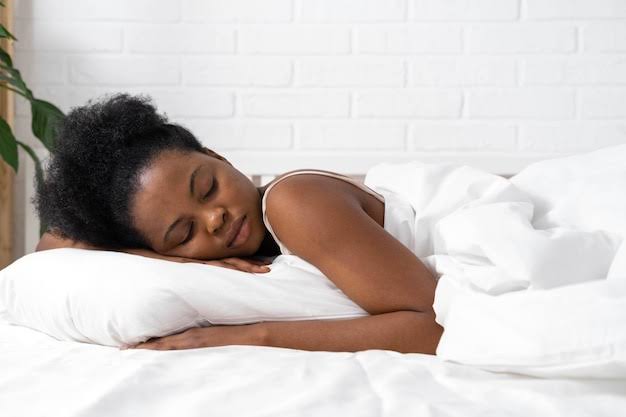How resting after intercourse promotes fertility, childbirth
When it comes to intercourse and childbirth, spèrm plays an integral role. However, after ejaculation, spèrm must survive the environment of the vàgina to reach the egg and fertilize it.
But what happens to spèrm in the vàgina after sèx? What if you get up right after intercourse, or if you take a shower immediately? This article will explore the fate of spèrm in the vàgina after sèx, and explain why getting up immediately after can put your fertility at risk.
After ejàculation, the spèrm is released into the periurethral area and then travels through the uterus and up the Fallopian Tubes and into the oviduct. During this journey, the spèrm traverses several physical and chemical environments.
For example, the oviduct contains mucin which binds to certain parts of the spèrm to protect it from auto-immune recognition, as well as proteolytic enzymes that help break down the proteins that block the spèrm from fertilizing the egg.
READ ALSO: How sleeping on the left side affect one’s heart
According to Healthline, Once the spèrm gets to the oviduct, they face potentially hostile mucosal conditions. Stagnation occurs in the vàgina, creating an anoxic environment, which can cause the spèrm to weaken and die off relatively quickly.
If you get up immediately after sèx, the spèrm is exposed to this anoxic environment, and a good portion of the spèrm may die before it has a chance to swim up to the egg.
In addition to this, the sèmen can also become diluted by vàginal fluids and other substances since the formation of a pool of fluid occurs in the lower part of the vàgina in the immediate post-sèxual intercourse period.
A pH imbalance can also be present in the vàgina immediately after sèx due to the alkaline nature of the semen and the acidic nature of the vàginal fluids. This can also be detrimental to spèrm survival.
When sèx is followed by significant rest, however, the environment of the vàgina is more conducive to spèrm survival. In this case, mucus produced by the cervix helps keep bodily fluids in the lower portion of the vàgina, and sugars and other nutrients in the seminal fluid support and protect the spèrm.
In a resting post-sèxual position, these fluids block the urethra and permit the spèrm to undergo an orientation and navigation process to swim up to the Fallopian Tubes and further onto the egg.
Therefore, getting up immediately after sèx can obstruct spèrm motility and viability by exposing the spèrm to dehydration, dilution, and an imbalance in pH. Significant rest after sèx can be encouraged to create a more favourable environment for spèrm survival.
In summary, when you get up immediately after intercourse, the spèrm is exposed to potentially unfriendly conditions, such as dehydration, dilution, and pH imbalance.
This can hinder the spèrm’s motility and viability. It is therefore recommended to take some time to rest after sèx, as this can promote a higher rate of spèrm survival.
Follow the Neptune Prime channel on WhatsApp: https://whatsapp.com/channel/0029Va74ZvU2v1IqKByXoX3d
Do you have breaking news, interview request, opinion, suggestion, or want your event covered? Email us at neptuneprime2233@gmail.com


